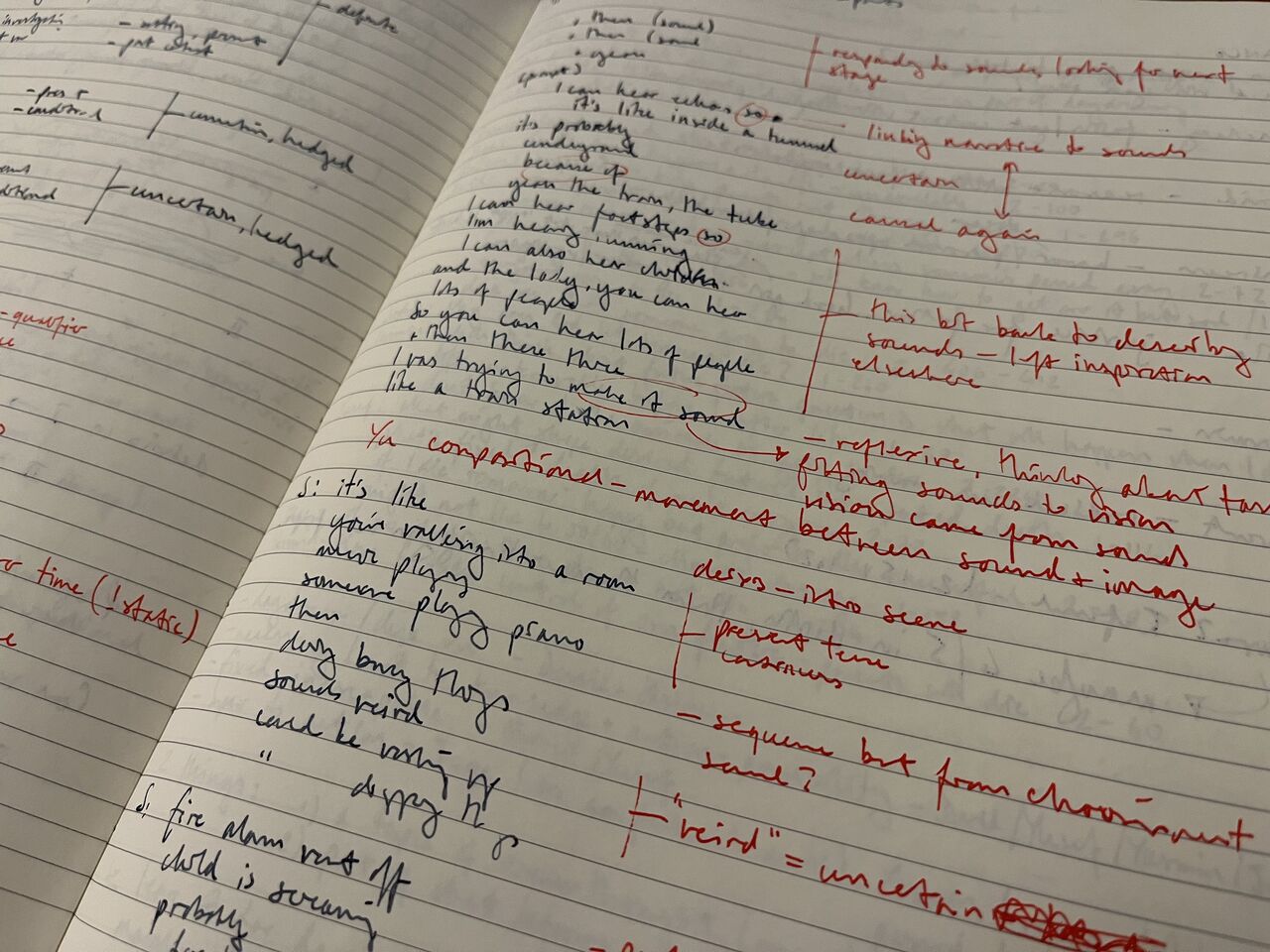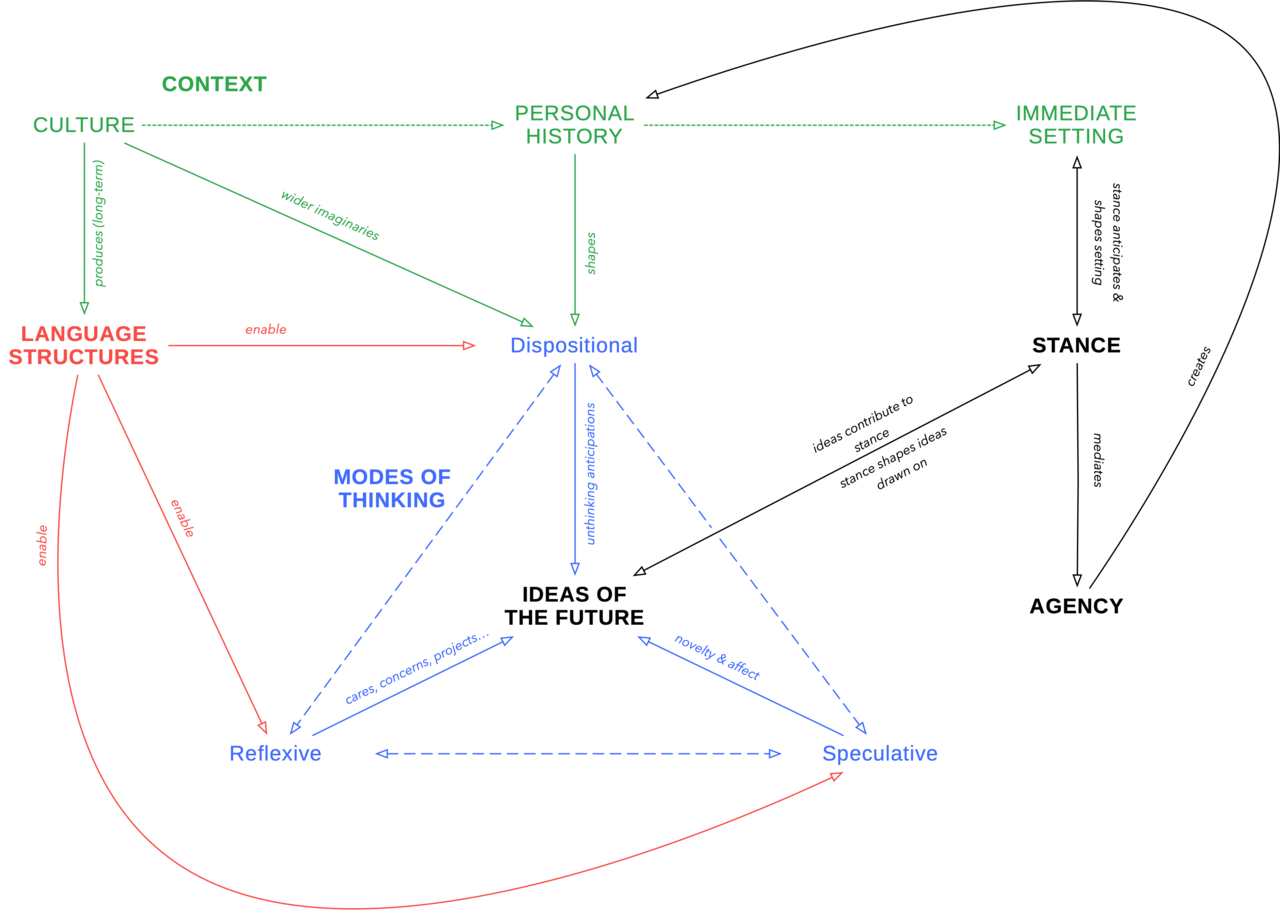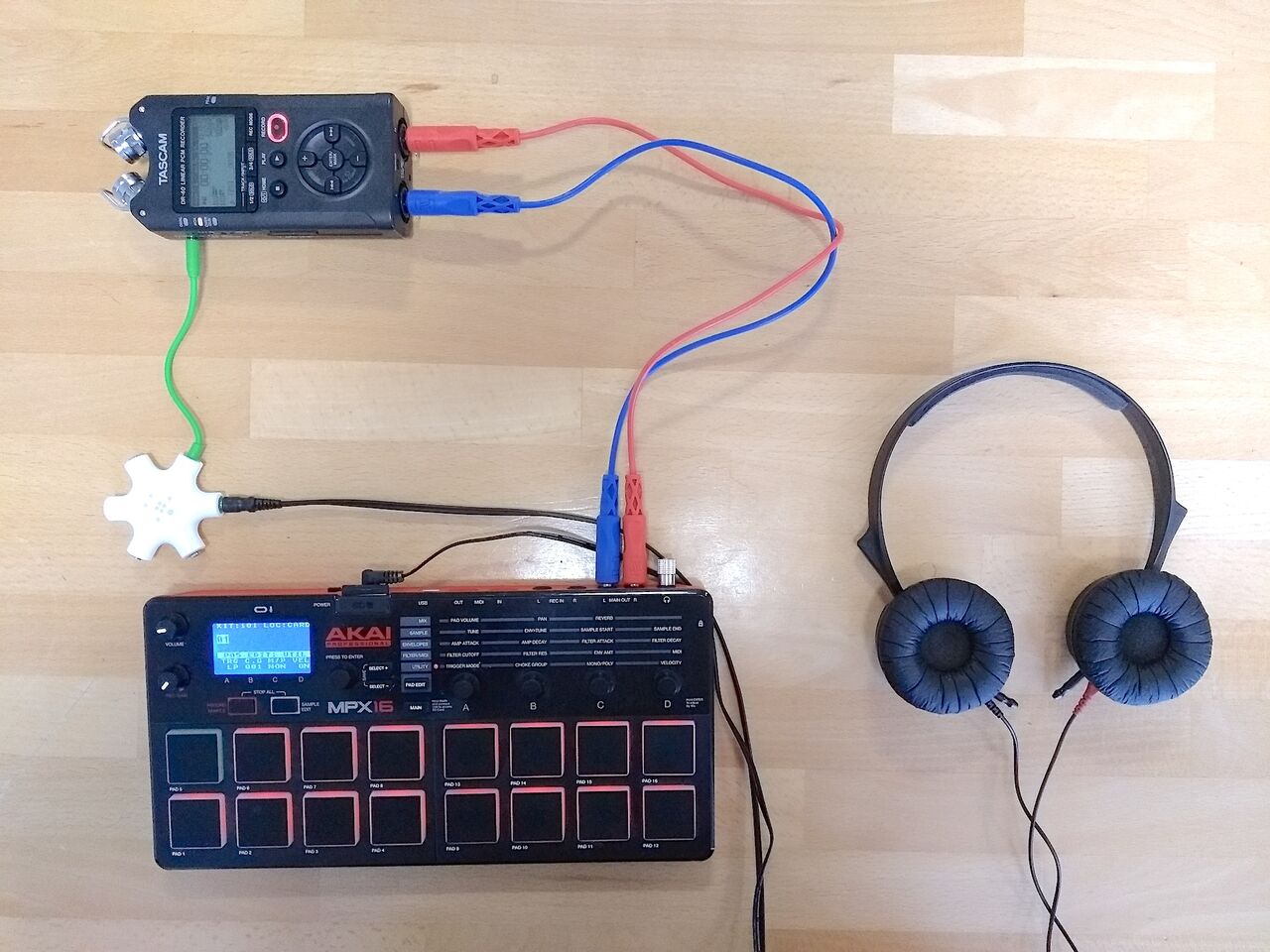Maybe We Were the Birds
Using unknown sounds to create conditions favourable to speculative thinking.
Excerpts from Richard’s essay on speculative anticipation from unknown sounds, presented at the Anticipation Conference in 2022.
Speculation is necessary when old scripts no longer work. Futures that are ready-to-hand — provided through the cultures and communities that raised us, the expected trajectories of success and progress that structure our lives — depend on things around us staying the same. Futures produced reflexively, through reasoning and analysis, are only as useful as the categories we have available to think with (such as “family” or “work”). To recognise emergent possibilities for action, choices and ways of being that remain invisible to these habituated, reflexive futures, we need to think speculatively.
This text describes one simple method for speculative thinking, developed with young people while trying to understand their ideas of the future. I was interested in the relationship between habituated, reflexive, and speculative futures: these 12 and 13-year-olds were choosing subjects for their secondary school final exams, and I interviewed them in their north London school to learn more about how they imagined the future. Speculative thought is sometimes characterised as inspirational, a flash of insight. But after speaking to these young people, I have come to think of speculation as something that depends on what we already have to hand, the ideas and associations travelling with us when the occasion arises.

The method was straightforward. I asked young people to:
- listen to a selection of unfamiliar sounds
- combine the sounds, and
- describe the scene they soundtracked
Where do you think you are?
A waterfall. Um, maybe like, I’m the only one there
Originally, I asked them to describe a “future” scene. The descriptions that came out of this process were futures, in the sense that they didn't exist and then, once imagined, they did — but they were not “narratives of the future”. They pointed to a distinction between futures produced through speculation, possibilities recognised and drawn out from within the present setting, and the imagined temporal projections I had requested. For most of the young people I spoke with, the real immanent future of the present event eclipsed the rhetorical future I’d anticipated us producing. The experiment became an exercise in sensing possibilities, rather than projecting futures.
... That sounds like maybe someone’s working, their computer breaks down and you can hear the people outside, maybe a river nearby, or it’s just a pipe

Hearing a dying robot, or fleeing birds, or drums in a bubble bath, exceeds what was there to begin with. The experiment made it difficult to make use of our regular sources of ideas about the future. My hunch was that the lack of context for the sounds, and the likely novelty of their combination, would require young people to fall back on speculation; condensing the fleeting affects and symbols conjured by the sound into language.
And someone’s taking a bubble bath— ooh or, someone has drums, like a mini drum in the bubble bath and they’re just banging it, yeah like they’re just playing the drums. And then like there’s some weird scary music in the background
This hunch followed Martin Savransky’s notion of speculative futures Savransky, Wilkie, & Rosengarten. “The lure of possible futures: On speculative research.”, those that overflow the categories and frames of the present, and cannot be anticipated using regular means.
A bird is very curious and is therefore investigating a robot that has, fallen
Where’s the robot fallen?
Erm it’s been in a robot war and it has died, and it’s, trying to say its last words, and a bird is trying to, investigate it
Martin Savransky and Luiciana Parisi Parisi. “Speculation: A method for the unattainable.” each borrow Alfred Whitehead’s notion of the “lure” to describe practices bringing the as-yet-unthought futures immanent in the present into some kind of empirical form. For Parisi, this process is a feeling for the “vibes” of “something that is not yet there”. This experiment might be imagined as just such a lure, creating conditions in which futures can be imagined as new possibilities, rather than projections of what was already present. Existing scripts were of no use in imagining the possibilities posed by these unknown sounds. Instead, the setting required us to feel our way towards new stories.
For me that kind of reminds me of a lobby, I don’t know why like maybe the background music, or like someone just went in the lift and now the music’s gone because the lift’s closed and went up
But how do people get from dispositional and reflexive thinking to speculation? This exercise suggested my sense of speculation as qualitatively distinct from dispositional or reflexive thinking was wrong. Instead, young people seemed to move between them, scaffolding their explorations with ideas shored up by experience and culture. Associations moved between “this is” and “this is like…”, making sounds into metaphors, with their connection to experience often tenuous or unclear. The device of recollection allowed young people to iteratively travel between familiar and unfamiliar ideas, gradually “remembering” and combining more novel and unlikely things. Little by little, metaphor and association moved them away from the familiar and towards the unimagined.
Um. Um, like, you know how I said the birds they were flying away from the animals because they were scared?
Yeah
Um, maybe, like, we were the birds and we were running away from something bad, maybe a fire or like a flood or something

You can listen to the sounds I used, and see credits where appropriate, on Soundcloud.
Speculation is appealing because it deals with the unknown or unsayable, and often seems to come from somewhere outside ourselves. Tying it to pre-existing dispositions and habits of mind might seem to be an attempt to tame it, to render speculation flat and boring. It is not. Speculation is (I suggest) a distinct form of thought, recognisable in how its products go beyond our usual ways of understanding the world. But in acknowledging the role of disposition and reflexive thinking, recognising that speculation is made possible by the ideas we already carry with us, we can find a new way to value our past experiences. In uncertain times, when change is a given and continuity hard to come by, our cultural inheritances can give us somewhere solid to stand. The crises we all face demand speculation, and this heritage of the imagination can be a source of as-yet-unconceived ideas underpinning the genuinely transformative futures we need to live differently.
🝓
Further reading & references